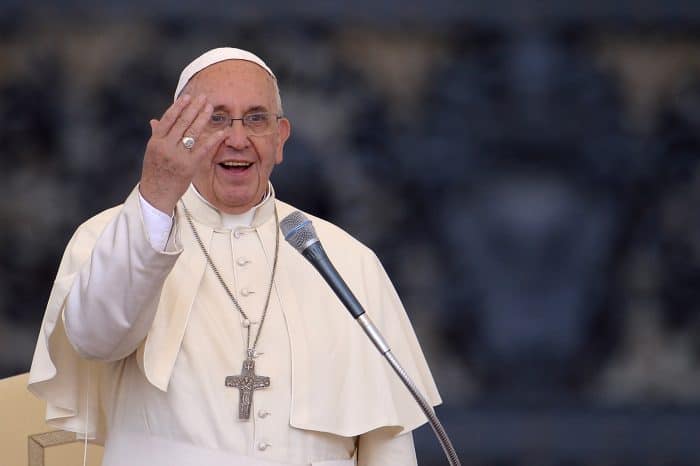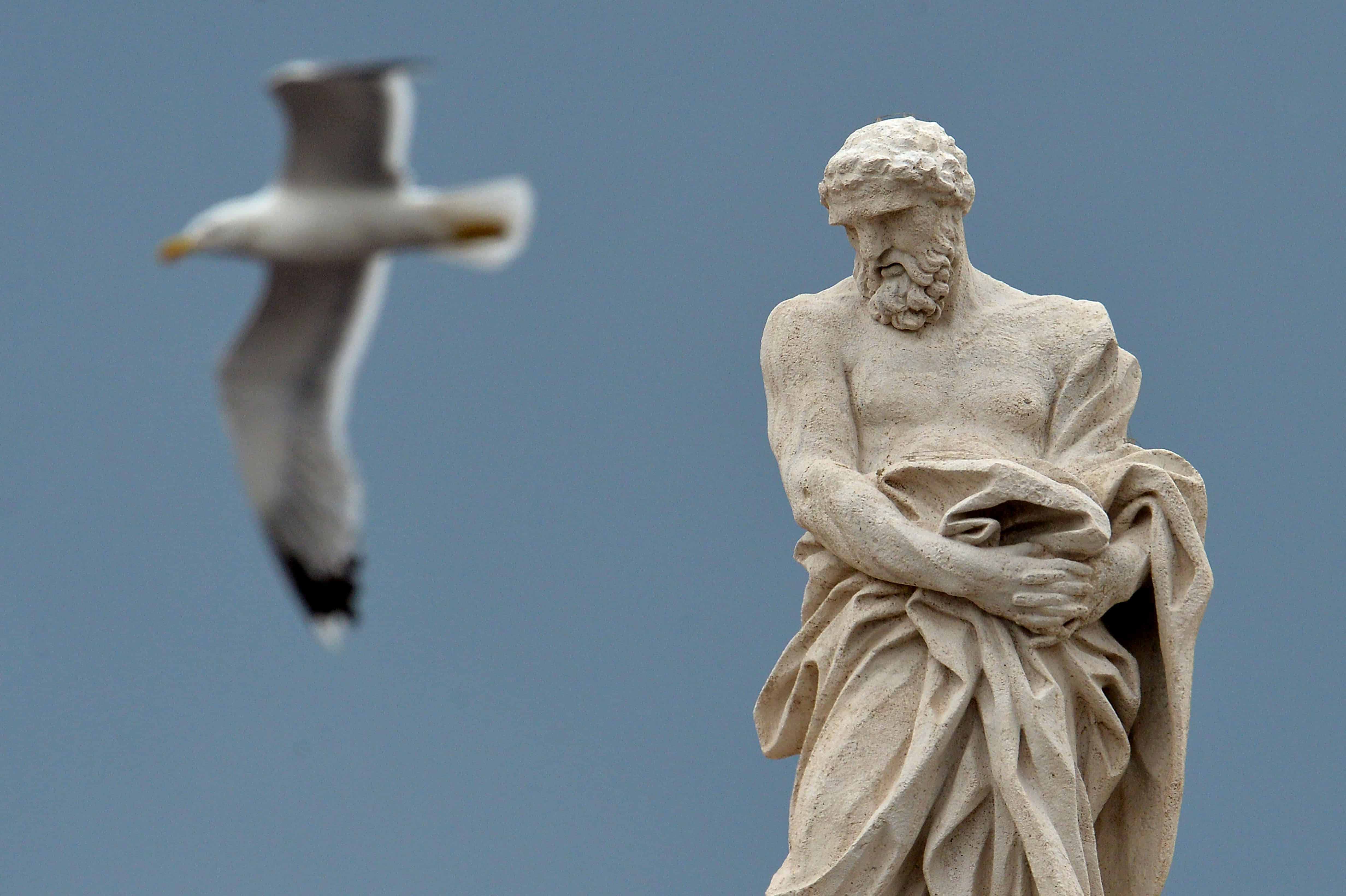VATICAN CITY – Pope Francis is to warn that global warming threatens the planet and declare a moral imperative to reduce fossil fuel consumption, Vatican sources said Tuesday.
A landmark Church statement on the environment, due to be officially released on Thursday, places the leader of the world’s 1.2 billion Catholics firmly in the camp of those who say climate change is mainly man-made.
His input comes at a critical time in the global debate over what, if anything, can be done to reverse climate change and its effects.
The papal intervention, seen as a potential game-changer by green groups, comes six months before international leaders gather in Paris to try and seal a global deal on steps to reduce carbon emissions.
Francis will outline his views in the form of an encyclical, a statement of fundamental principles designed to guide Catholic teaching on a subject that is issued as a letter from the pope to bishops around the world.
This one will be pitched beyond the confines of the Church and emphasize the pope’s view of a clear link between defending the environment and delivering social justice.
The encyclical, entitled “Laudato Si” (“Be Praised”), will reference the views of climate change sceptics who are particularly influential in the United States by acknowledging that natural cases such as volcanic activity have contributed to the phenomenon of rising average temperatures.
But it will leave no doubt that the Pope believes that the causes are mainly human, and that that creates a compelling case for action to phase out fossil fuels and develop alternative energy sources, according to excerpts from a leaked draft published online by Italian weekly L’Espresso.
The scoop was not appreciated by Vatican officials, who stripped the magazine’s respected reporter Sandro Magister of his accreditation for an indefinite period, accusing him of breaching an embargo on publication.
See also: Costa Rica calls for climate change support from world’s top polluters

A major impact
“Great natural forces are not under our control; human causes are,” said a source familiar with the final text to be released on Thursday.
“There is strong scientific evidence that the human factors are already having much impact and causing great damage not only to nature itself but also to the lives of people across the globe, especially the poor.”
Francis’s thinking on the issue is in line with the view outlined in a 2013 U.N. report which concluded that there was a 95 percent chance that global warming was the result of human activity.
But by expressing it he is seen as potentially influencing millions of people who have yet to think seriously about the subject, generating fresh pressure on the nearly 200 governments who will be represented in Paris in December.
“The encyclical is going to have a major impact,” predicted Christiana Figueres, head of the U.N. Framework Convention on Climate Change (UNFCCC).
“Pope Francis is personally committed to this issue like no other pope before him and he is deeply eloquent and deeply passionate about this and the encyclical will communicate that.”
The document will likely burnish Francis’s reputation as a socially radical pope but its contents will come as no surprise.
The Argentinian pontiff gave a taste of his views on the issue last month when he warned “the powerful of the Earth” that they would answer to God if environmental damage undermined the drive to end global hunger.
Perhaps anticipating fresh accusations that he is a “Marxist pope,” Francis said Tuesday that raising the issue of poverty did not make you a communist.
“So often one hears people saying ‘oh this priest, this bishop talks too much about poverty. They are not a bit communist?’ On the contrary, poverty is at the center of the gospel. If we take it out, nobody would understand Jesus’s message,” he said at morning mass at his residence.






